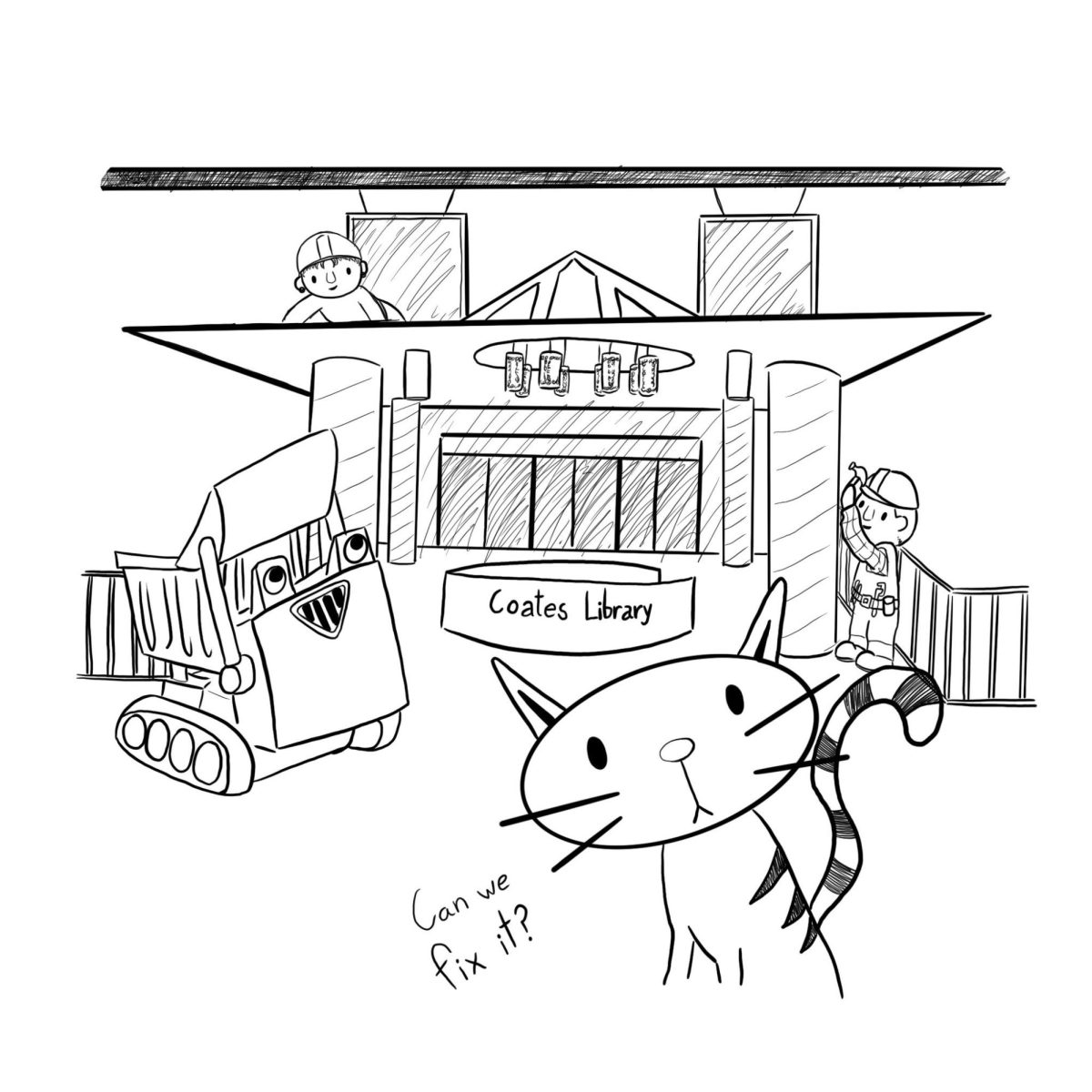With just under 2,600 students, Trinity’s social sphere can feel incredibly small. Everyone is one degree of separation away, which interlinks the campus into an extensive social network where most people are identifiable by name. Even if we have yet to have a class with someone, there’s a good chance they have been mentioned to us before or we vaguely know of some reputation they hold.
The interconnected nature of our student body lends itself to a culture of reputational fear. I think people genuinely care more about what other people think of them at Trinity than at other schools, but can we blame them? When we know everyone on campus, any gossip, instance of public embarrassment or reference to someone can be taken personally.
I, for one, can attest to this culture of reputational fear in the minds of myself and my peers. A simple example of this phenomenon is the number of Trinitonian sources that request, or only speak under, the condition of anonymity.
As the only campus newspaper, the chance that a professor, faculty member or friend of a friend sees the name of a Trinitonian source and recognizes them is significantly more likely than at the typical university. As such, sources have repeatedly expressed reservations about attaching their name to their opinion, worried about the judgment or retaliation they may face as a consequence. Here, it seems we must go out of our way to avoid associating our identity with any controversial opinions, insulating ourselves from the perception of others.
Clearly, at Trinity, anonymity is a scarce resource. The advent of Fizz intoxicated students with a never-ending supply of it and boy have we run wild with that. As of Sept. 30, I counted at least 35 posts directed at just one student and 19 directed at another, with some of these posts dating back over six months. This level of personal name call-outs and bullying on Fizz would likely never find long term footing at bigger universities, simply because no one would know who we are and no one would care. A person’s name in a student body of 20,000 likely means next to nothing for most in that community. This results in students caring less about their own actions and even reputations and less about those of anyone outside of their close circle.
At Trinity, the exact opposite is true. Name call-outs receive some of the most attention as people send screenshots to group chats and show each other in class, talking about whatever mutual acquaintance happens to be Fizz’s next victim. I attribute the popularity of this app, and others forums like it (tu_complaints, tumissedconnections, etc.) to the anonymity it affords on a campus that often feels exposing. It provides a convenient answer to the problems of campus reputation, allowing students to voice their raunchy opinions without associating them with their names.
Hand in hand with Fizz is the presence of campus celebrities: a person given a mythological quality of significance, someone we likely have had few conversations with yet takes up a relatively large portion of our thoughts. Don’t get me wrong, I am definitely no innocent bystander. It’s fun to text my friends about a celebrity spotting or upvote a Fizz post about someone we thought was uniquely important to us. However, a seemingly harmless joke shared between a small group often takes on an ugly character at Trinity. The joke isn’t just between our friends — it’s campus-wide, and everyone around you can and probably has seen it.
Our identification of campus celebrities may not feel significant, but when everyone on campus sees someone as a joke and treats them like a zoo animal, we should expect to be causing that person real harm. Because of the intoxicating nature of anonymity, we have lost sight of the greater picture of what it means to be a college student and more broadly, a maturing young adult. We should be developing our value systems, clarifying our morals and investigating our character.
Instead, we are distracted by the Trinity Bubble, so caught up in the reputation of ourselves and others that we lack humanity in our interactions. If you are ashamed to comment on something or associate your identity with an opinion, don’t do it. If you worry that you will feel guilty about your actions if people know it is you doing them, don’t do it. If we feel strongly enough about something, we should be willing to incur the repercussions of making that statement under our names. Trinity students are scared of developing a reputation. We go to great lengths to protect our identity and hide behind walls of anonymity. I think that’s pathetic.
Attach your name. Say it with your chest.





